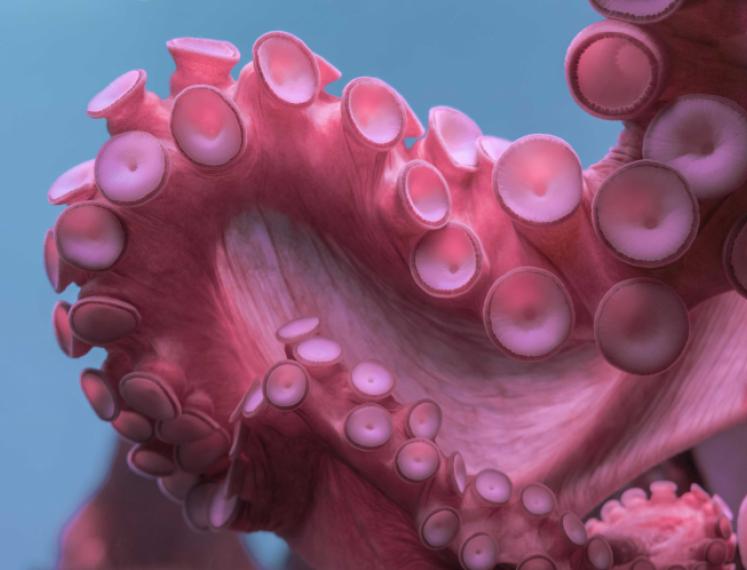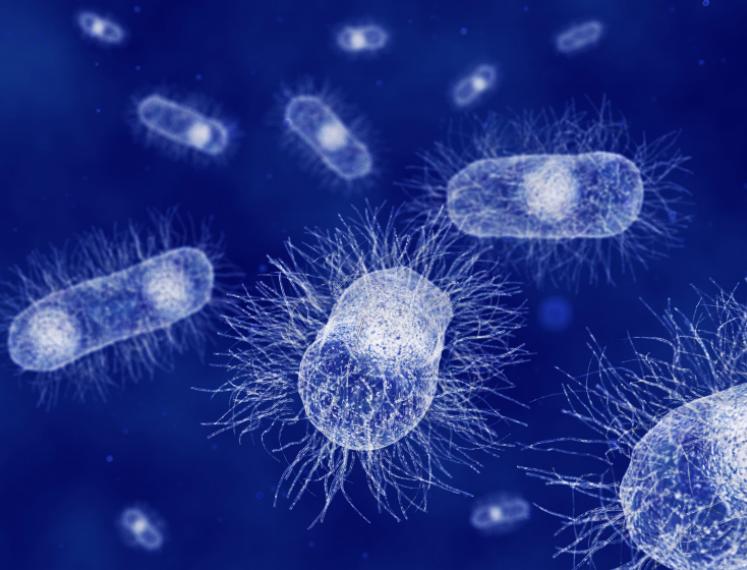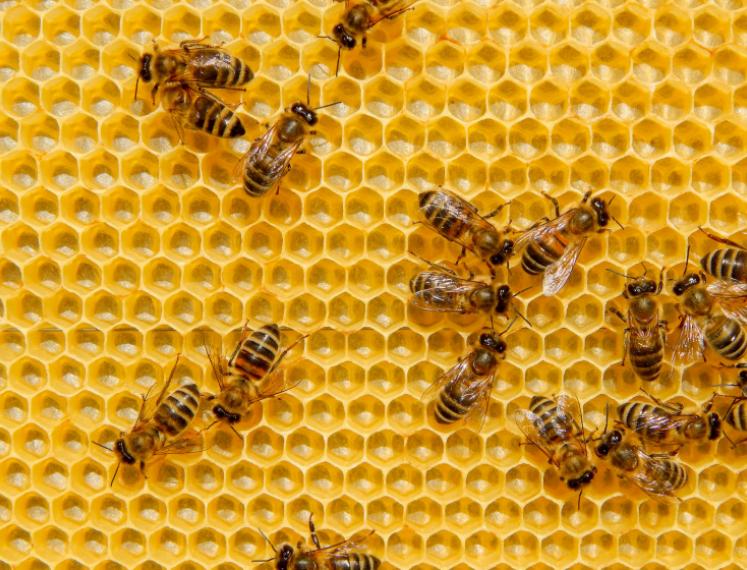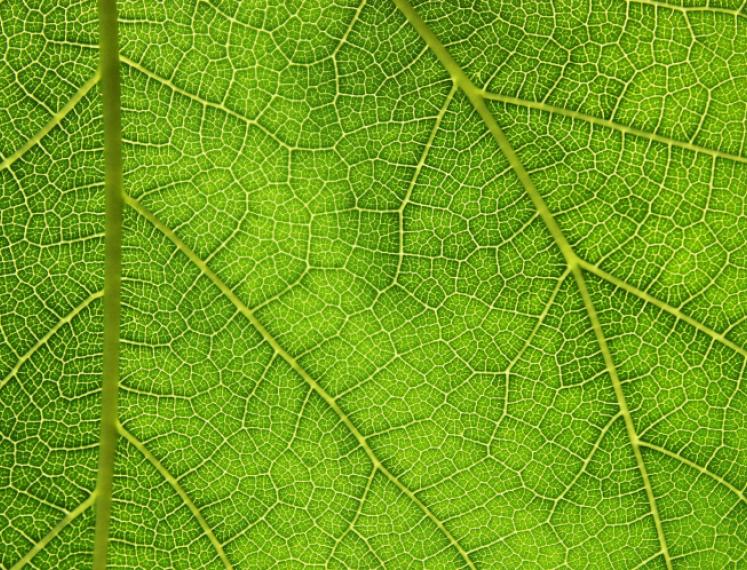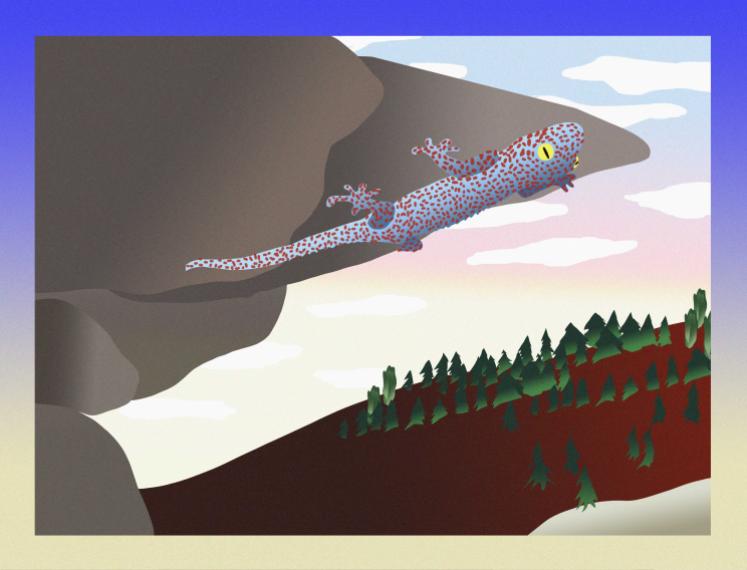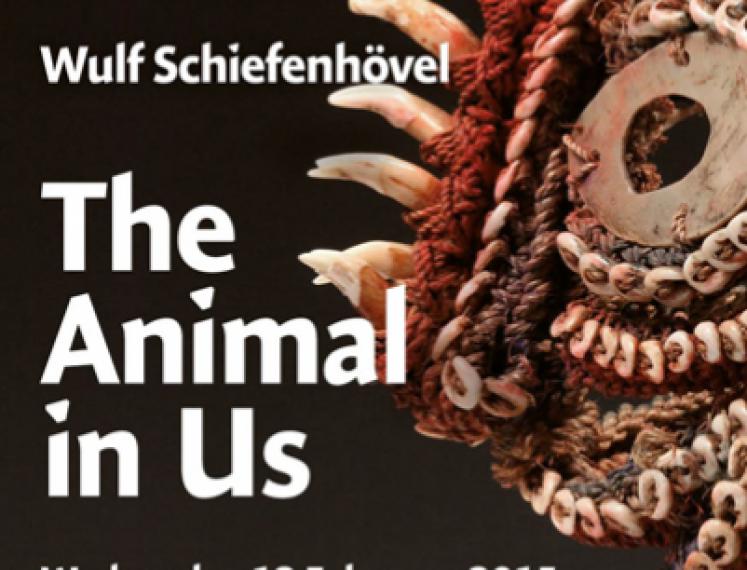Online
Netherlands
What Is It Like to Be... an Octopus
Peter Godfrey-Smith’s main research interests are in the philosophy of biology and the philosophy of mind. He also works on pragmatism (especially John Dewey), general philosophy of science, and some parts of metaphysics and epistemology. He is the author of Other Minds: The Octopus, The Sea, and the Deep Origins of Consciousness. In this book he tells a bold new story of how subjective experience crept into being - how nature became aware of itself.
The 3 questions he would like to discuss with you in this webinar are:
1. Which biological ideas are most likely to give us an understanding of the evolution of consciousness?
2. Where might the simplest forms of conscious experience be found, and what might the simplest forms of experience be like?
3. Is it likely that robots or AI systems will soon be conscious?
Peter Godfrey-Smith is a professor in the School of History and Philosophy of Science at the University of Sydney and has taught philosophy at Stanford, Harvard, Australian National University and the CUNY Graduate Center. He has written six books, Complexity and the Function of Mind in Nature (Cambridge, 1996), Theory and Reality: An Introduction to the Philosophy of Science (Chicago, 2003), Darwinian Populations and Natural Selection (Oxford, 2009), which won the 2010 Lakatos Award, Philosophy of Biology, (Princeton, 2014), Other Minds: The Octopus, The Sea, and the Deep Origins of Consciousness (FSG, 2016), and Metazoa: Animal Life and the Both of the Mind (FSG and William Collins, 2020). His photos and videos have appeared in the New York Times, National Geographic, The Guardian, Science, The Boston Globe, and elsewhere.
Philosopher Fred Keijzer (UG) will join the discussion.
